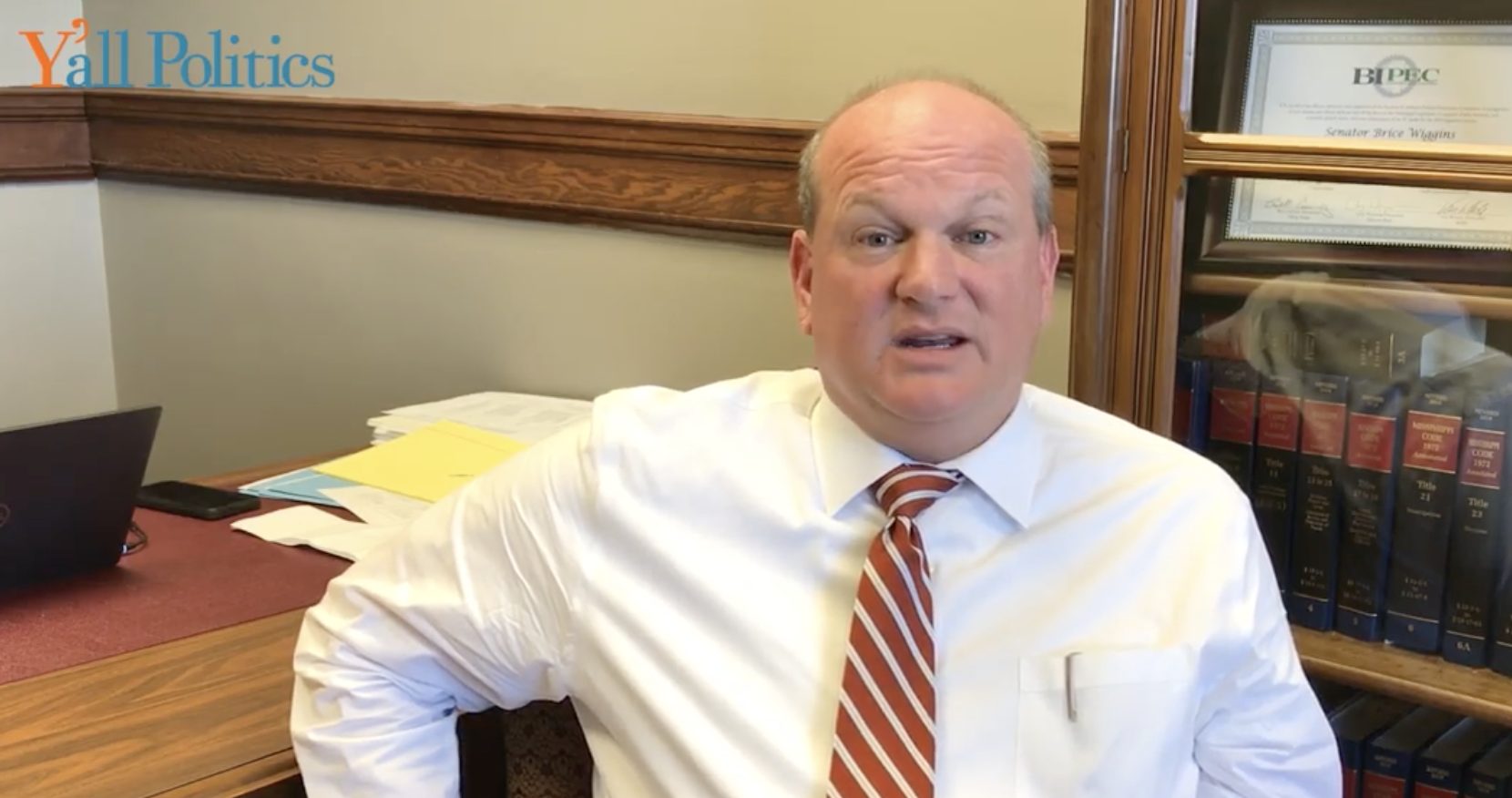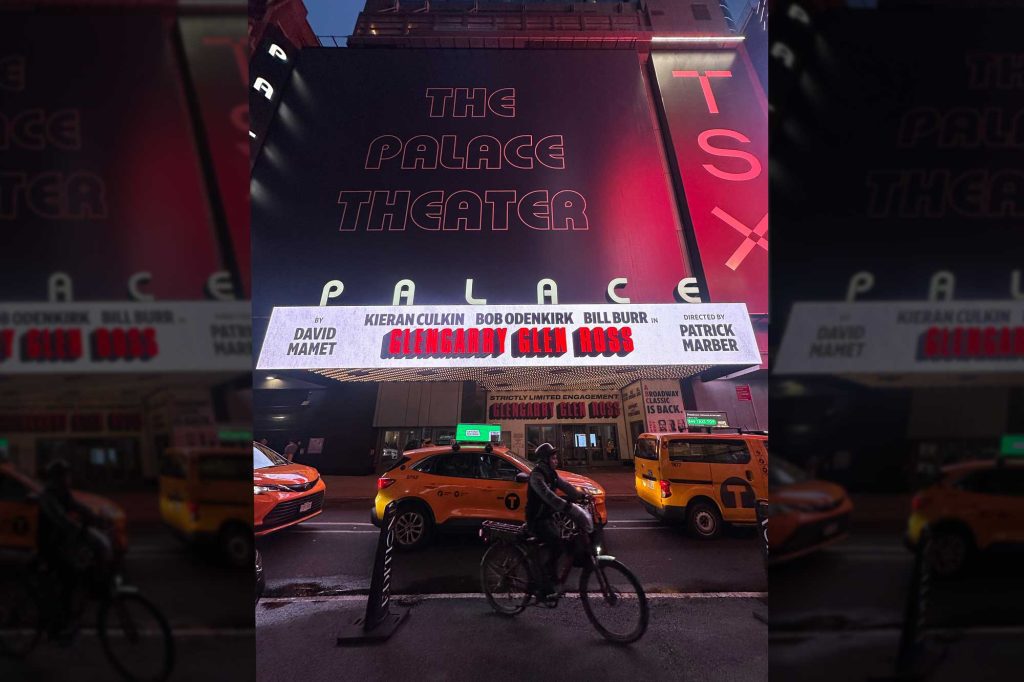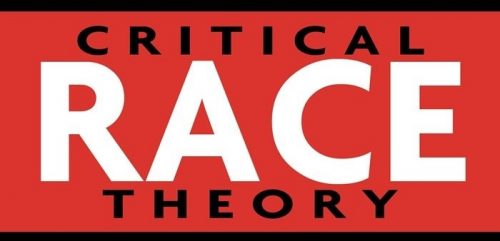
Senator Brice Wiggins (R) said negotiations on the criminal justice reform bills are close to being settled between the Mississippi House and Senate. The two major bills in the criminal justice reform effort are HB 796 and SB 2795, both of which are in the conference process.
HB 796 is the habitual offender bill. It would require someone who is convicted of a felony twice or received federal charges within a 15-year time period to be sentenced to the maximum term for each felony. A person considered a habitual offender would not be eligible for parole unless they were convicted before the effective date of the bill, in which they could be considered for parole or a reduced sentence.
Wiggins said the Senate is still working to secure as many votes on this bill as they can before the conference report is signed. The House reported that they have already signed the conference report.
The deadline for filing is 8:00p.m. Monday night. If conferees cannot agree by then, it won’t move forward.
SB 2795 was offered by Senator Juan Barnett (D) to clarify the parole eligibility for some inmates. Those who would not be considered for parole under the act include habitual offenders, sex offenders, murderers and traffickers.
Barnett’s bill was almost identical to last year’s SB 2123 which was vetoed by Governor Tate Reeves. Senators took another stab at the legislation this year, taking into consideration the recommendations made by Governor Reeves. Those changes dealt with the percentages of when someone can be eligible for parole.
These changes from the Governor seem to be the sticking point for the House, according to Wiggins.
“Do we want something we can pass, or do we want something that will go into law,” asked Senator Wiggins. “The House at this point has refused to go along with that. My understanding is that they don’t like that. However, the Governor has to sign the bill to make it law.”
Wiggins said having the Governor’s input on the legislation is not a bad thing.
There was some frustration over the 2020 veto of the SB 2123 and they want to ensure that all of the work that is being put in this year is not in vain. Wiggins said to see it fail in the last minutes of debate over small details would be a shame.
“The Governor wanted to be sure that we were being smart on this and that makes total sense to me,” said Wiggins.
The move by many conservative states to address criminal justice reform come as a response to the 1994 Violent Crime Control and Law Enforcement Act. The bill was passed by now President Joe Biden and has resulted in over-capacity prisons, strains on state budgets, and a breakdown among families.
The bill expanded federal law, included the Federal Assault Weapons Ban, provided for the expansion of the federal death penalty and banned a new class of individuals from possessing firearms. There were also a variety of new crimes including hate crimes, sex crimes and gang related crimes listed in the bill.











